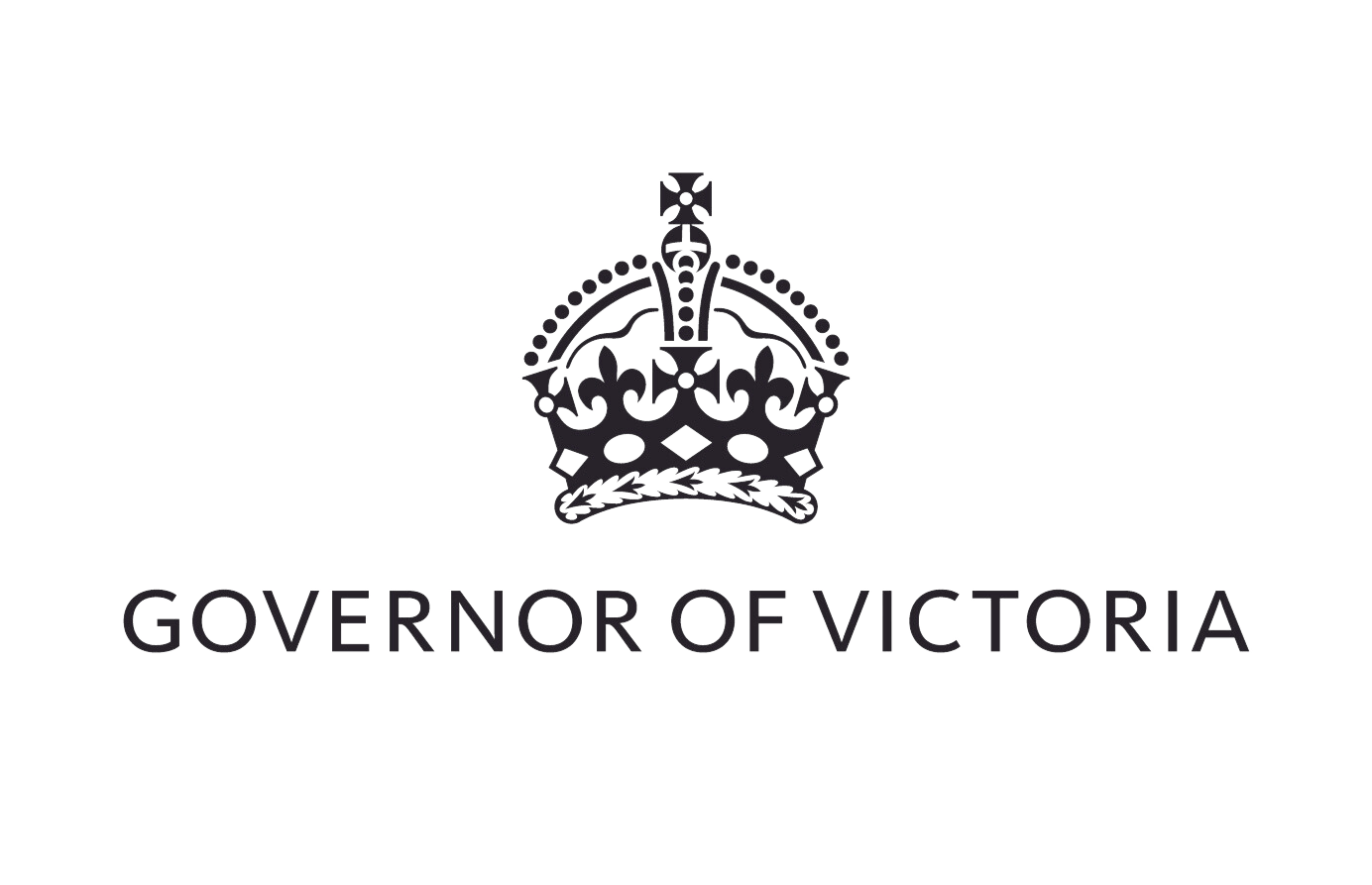
Speech given by the Governor at the St John Annual Parade.
Let me begin by acknowledging the people of the Eastern Kulin nations – the Wurundjeri and Bunurong peoples – and pay my respects to their Elders, past and present. They are the Traditional Owners of the land on which this House stands. And let me recognise any Aboriginal or Torres Strait Islanders in the room with us.
Congratulations to all those who have been recognised here today.
Few people lived a life as colourful as Dr James Edward Neild – who was one of the founders of the Order of St John in Victoria.
Like many, Neild arrived in Victoria seeking his fortune through the gold rush that we had here, but instead found purpose in providing medical care to those who came to this colony following the same dream.
He later moved to Melbourne where he became acting coroner, city medical officer of health, and an assistant honorary medical officer at the Melbourne and Alfred Hospitals.
That’s really quite enough to fill his days you might say, but he was also active in Victoria’s burgeoning arts scene.
He was a theatre critic in several newspapers, a published novelist, a librarian, and a founder of the Melbourne Shakespeare Society.
So those of you who are members of St John might ask yourselves whether you’re really spreading yourselves widely enough – when looking at one of your founders!
He claimed – mind you, many have claimed this – to have been the first to identify the talent of a young Dame Nellie Melba.
So many people have claimed this because I think it was pretty easy to recognise her talent – and he encouraged her to pursue song rather than piano.
Sunday afternoons were regularly abuzz with conversation in Neild’s Spring Street home as he hosted figures from Melbourne’s society.
It is perhaps uncommon that someone of such wide-ranging cultural pursuits should simultaneously be so deeply immersed in the work you all do, in the service of others – but it was true of Dr Neild.
When he founded the St John Ambulance Association of Victoria, it was in direct response to the fact that he saw there was really ill-prepared responses to the circumstances and accidents in which people found themselves.
At one of the first meetings to establish the Branch, he declared its purpose as teaching of members of the public the qualifications necessary to act in cases of accident or emergency.
And in 1883, he conducted the first examination for a first aid class in Victoria.
The questions in that exam would be somewhat familiar to many of you here today – one asked participants how they would treat a snakebite.
Another question asked participants to distinguish between the symptoms of concussion and intoxication – the latter being a situation much more common than snakebites!
When the classes struggled to attract public attention in their early years, Neild spoke to the then-Governor, Sir Henry Loch, and asked him to be engaged in presenting the certificates to successful candidates, which occurred in 1888.
When Dr Neild died in 1906, he was described at the time as “a typical good old English gentleman of wide reading and culture, but also a keen fighter for what he thought to be right.”
That keen commitment to service and making sure that it was available has become synonymous with the Order of St John – and it continues to inspire countless acts of service today.
He could not have foreseen, at the time, the impact of the association and the growth it would have, and what it does now here in Victoria.
From relatively humble beginnings when this State was not even a State – it was just a Colony – the Order of St John has been of immeasurable benefit to generations of Victorians.
I want to pay tribute to those who have been recognised today and all those who are part of the Order.
We saw three areas recognised today. We saw people who are learning, and who have gained a series of skills to be able to work in the situations where you are called upon.
We saw people who have given particular service in very challenging circumstances, in this case during bushfires.
And the third thing that we recognised was the absolute persistence of people who keep giving service, who stay with this volunteer work for the community for a very long period of time – up to 50 years.
And that’s a very significant dedication.
I want to say thank you to all who are engaged – those three areas are necessary to sustain the work that you do.
You provide vital assistance – you are doing that through working with others and for others – and I think what you do is encourage others to see the vision of service to the community.
Because every act of service, every moment of support, has meant that people are assisted, and when you add them all up, it means much to countless Victorians across the State.
And so it truly does embody the ‘service of humanity.’
It is a great privilege to welcome of all of you, and those supporting you, to Government House today to recognise your work.
I must admit, every time I stand in this Ballroom, and I do it relatively frequently, it is never an old experience.
I feel that when the people of Victoria decided they would construct this great House and this great Ballroom, they could see that they would celebrate fellow Victorians, and it feels just the appropriate place to celebrate.
I want to say thanks to everyone who is engaged with the order of St John – it is a selfless pursuit and one we appreciate.
I now invite Sheena Watt to address us.
Thank you.
